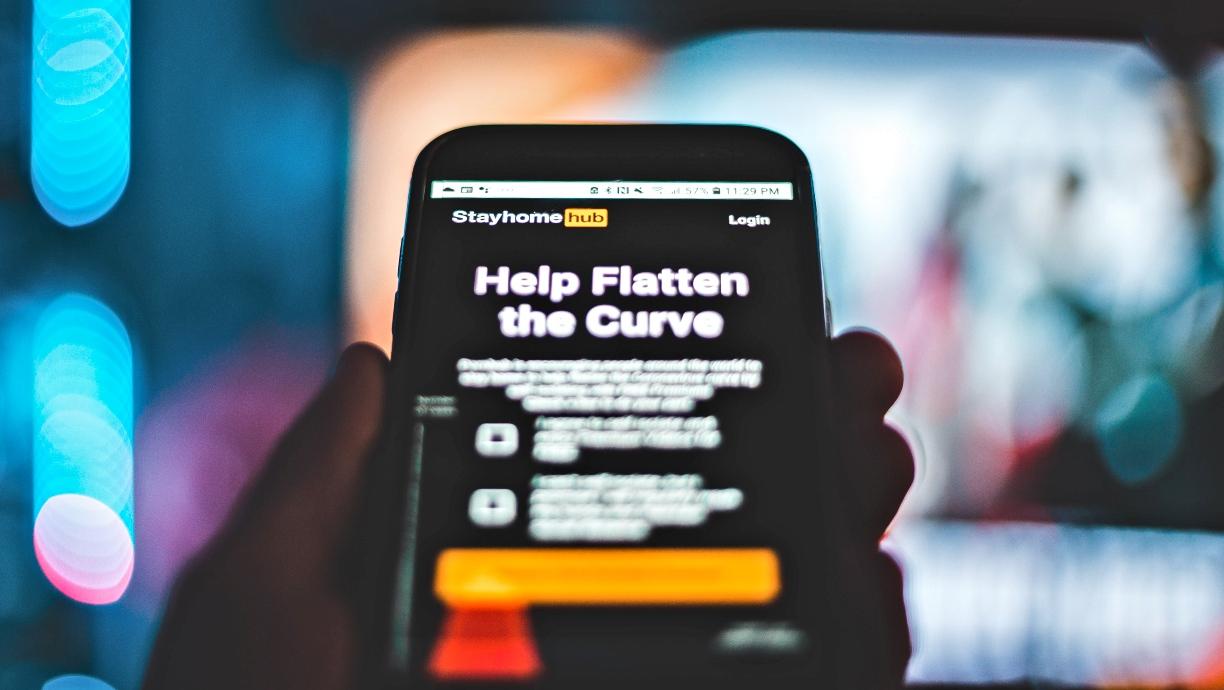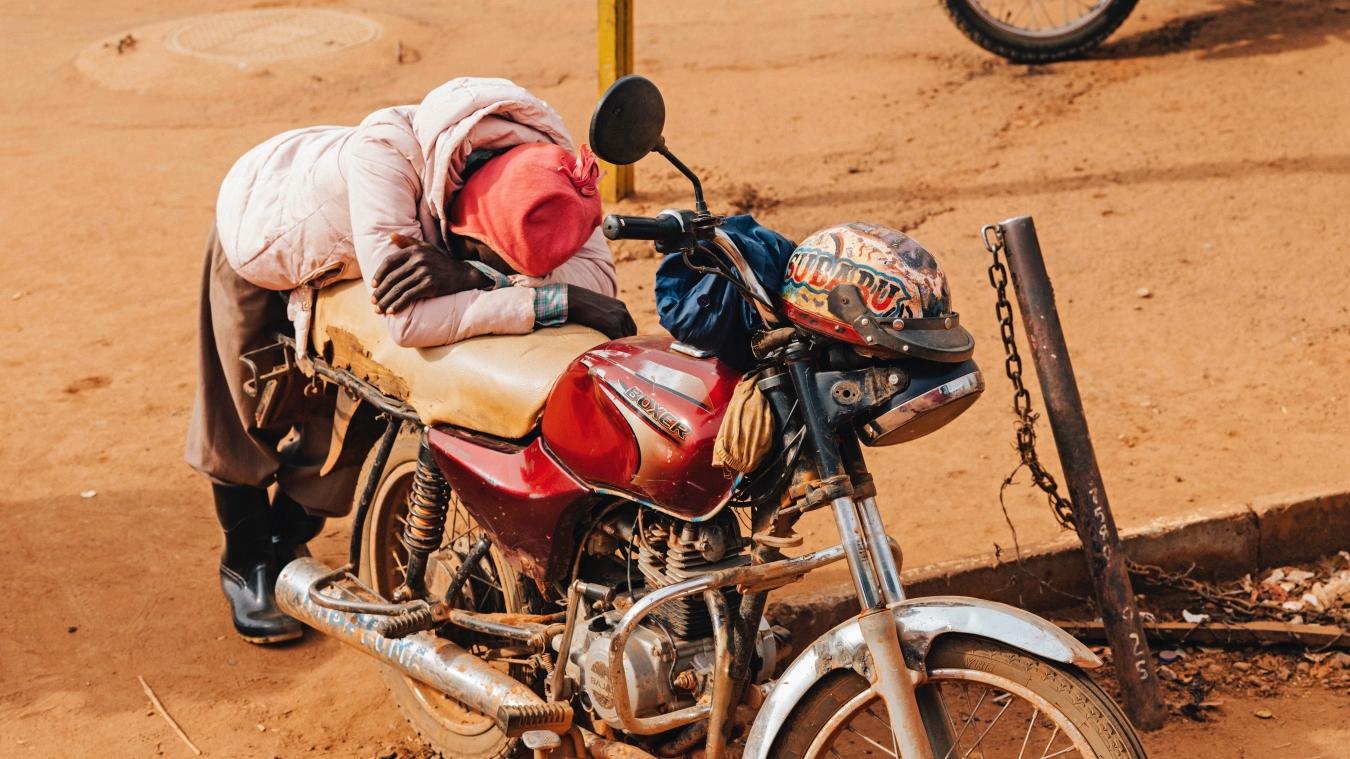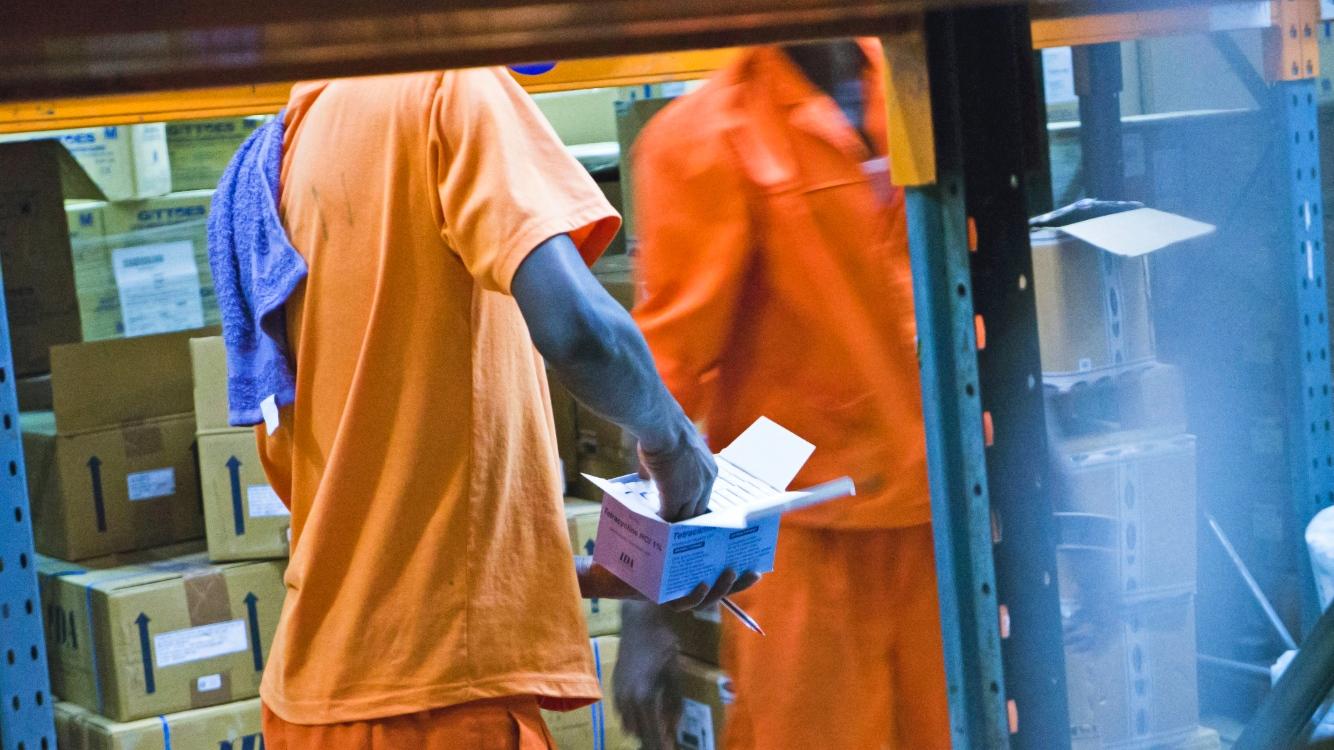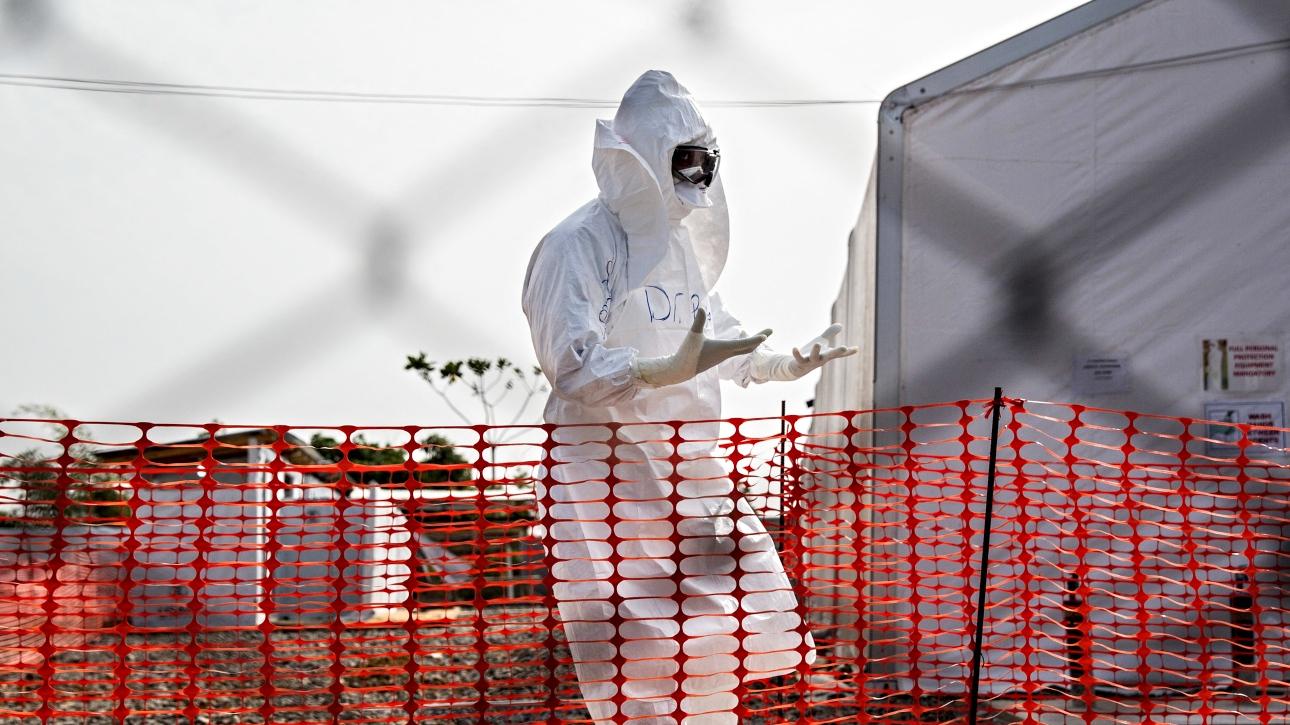Uganda has enacted some of the world’s tightest and longest-running restrictions on businesses and social activities to combat the COVID-19 pandemic. While these measures have helped slow the spread of the virus, what has been the effect on traders who risk breaking regulations to earn enough money to survive? Innocent Anguyo reports on events in Kampala between 1 May and 1 June 2020.
This blog is part of the series Shifting Spaces, an emerging timeline of COVID-19 responses from Kenya, Malawi, Tanzania and Uganda.
The announcement of a 21-day extension to the nationwide lockdown, which came into force on 20 May 2020 across Uganda, has met with pockets of resistance. This defiance is coming principally from a youthful urban population, who has been actively lamenting economic exclusion prior to the outbreak of COVID-19.
It is mid May. In Kamwokya, a shantytown in the capital, Kampala, shoe vendors line the road, calling out to passersby. Vending non-food items, these sellers are contravening lock-down regulations in clear view of the patrolling police. Were it normal times, they would probably scamper into the narrow alleys at the sight of authorities, especially from armed riot police. But now, vendors claim that the government has left them with no other choice.
‘Who would want to get beaten by these violent police people for no good reason?’ asks Moses Muhumuza, 25, whose wife gave birth to a baby girl on the cusp of the lockdown. ‘You think I want my daughter to grow up as an orphan? I have no choice, if I don’t come here [to vend second-hand shoes by the roadside] we will not eat.’
A ban on the sale of non-food items as part of the lockdown measures had left millions of Ugandans without an income. On a good day, in normal times, Muhumuza would make about 50,000 Ugandan shillings (approximately US$13.30). At the time of making this report, he could barely get Ugandan shillings 10,000 ($10.7) in two days, because his potential clients were stuck in their homes. His family has resorted to having one meal a day, instead of the previous three.
Muhumuza is willing to take his chances with the deadly virus than die from hunger. ‘Coronavirus or hunger, which one kills you faster? I think it is hunger! How many Ugandans have died of this disease? Zero! Maybe I will also get it and not die. Anyway, I am ready to find out [for myself],’ says Muhumuza. ‘If the police wants to take this [petty-trade] away from me, let them come, I am here [by the roadside]. But they will have to take me and my family too.’
Stringent measures with no safety nets
Uganda has enacted some of the world’s tightest and longest-running restrictions on businesses and social activities to combat the pandemic – measures that have helped slow the growth of confirmed new infections. With 522 cases of COVID-19 as of 1 June 2020, under the lockdown measures: public transport had been banned; public gatherings outlawed; a 7pm curfew instituted; schools closed; religious services stopped; international borders sealed; malls and arcades closed; exercising in public barred; wearing of masks in public mandatory, and sale of non-food items forbidden.
Lockdown measures have brought much economic activity to a halt, and have been felt most acutely in Kampala by the urban poor. Food supply and markets are volatile, while the capabilities of households to cope with shortages and/or price hikes have been significantly derailed. At the same time, the state’s capacity to provide safety nets has not been forthcoming.
A fractional lifting of restrictions on 4 May enabled some formal businesses such as hardware shops, wholesale stores, carpentry workshops, garages and food takeaway services to reopen. These measures have bought little change for those who rely on informal work.
Effects are heavily gendered. About 66% of informal businesses in Kampala are owned by women, who also make up the majority of the informal workforce, according to a 2018 study by the Strategic Initiative for Women in the Horn of Africa (SIHA). Women are consequently hardest hit by the economic effects of the anti-COVID measures. Additionally, there has been a reported surge in cases of domestic violence. Public flogging of female street vendors by security forces further exacerbates many women’s position. More than 100 sex workers were arrested in the early days of the lockdown for continuing to go out to work, according to Macklean Kyomya, Executive Director for Alliance of Women Advocating for Change, an umbrella network of grassroots sex worker-led organisations.
Partial removal of restrictions
On 20 May 2020, the president announced the lifting of additional restrictions. On 4 June, public transport recommenced with vehicles ordered to carry half their capacity and in compliance with social distancing. Similarly, shopping malls, hotels and restaurants also reopen on the same day. However, transport restrictions will only be eased in 95 out of 135 districts, with 40 border districts still under lockdown. Gyms, hair salons, saunas and nightclubs are ordered to remain closed while boda bodas and tuk tuks (tricycle taxis) are not allowed to carry passengers. Roadside vending and street vending also remain banned for the foreseeable future, as are public gatherings and religious congregations.
But for Muhumuza and the eight out of ten Ugandan workers who precariously survive day-to-day, the wait has been too long. Millions of urbanites are afraid that they will die of hunger rather than coronavirus. Closing shop or failing to make it to the urban centre to run errands or missing manual work for a day means going hungry. These effects are felt beyond the capital, since rural relatives often depend on urban connections. With schools shut, children have been denied access to school feeding programmes. An initial plan to return finalists in all levels of education to school on 8 June has now been deferred for a month on the grounds that key actors are unprepared. Instead, the government will provide each village with two television sets (totalling to 140,000) to facilitate learning through televised lessons.
While the government has been involved in the distribution of 6kgs of corn flour and 3kgs of dry beans per person to about 1.8 million of Kampala’s urban poor, these portions remain inadequate. The quality of the food is equally questionable: grit has been found mixed with beans. The speaker of Parliament, Rebecca Kadaga, castigated the government for distributing ‘rotten food and expired milk.’ Hit by a corruption scandal in its infancy, the food distribution exercise has been severely delayed. Over a month later, some areas are yet to receive food.
Protests over food and coping strategies
While Muhumuza was waiting for the authorities to descend upon him, some 45.4kms away in Entebbe City, his agemates were not that patient, and protests erupted. Police arrested the reported leader Frank Kakooza. In Namungoona, a Kampala suburb, dozens of youth took to the streets, blocking roads with debris and lighting fires, protesting against slow food distribution.
About 120kms away in Iganga town, women (twice) stormed the district headquarters demanding to be given food. Days later, the youth looted all the food relief donated to the Iganga COVID-19 taskforce by their MP. On the day Museveni made his latest televised address, 19 May, police in Kampala arrested prominent activist Stella Nyanzi for reportedly inciting violence after she led a demonstration against the slow distribution of relief items to the vulnerable poor. They were marching towards the office of the Prime Minister, Ruhakana Rugundu. In a petition, they argued that the lockdown measures had ‘created an apartheid state and occasioned avoidable suffering upon many vulnerable Ugandans, especially women and low-income earners.’
More than 4,000 people have been arrested for flouting the anti-COVID measures, especially the curfew, President Yoweri Museveni revealed on 1 June.
Beneath these protests, many urban residents partake in desperate acts. In swanky Naguru, a guard says he has resorted to stealing fruits from a neighbour’s orchard. In swamp-cum-slum Bwaise, a cosmetics vendor is rummaging through supermarket refuse in the hope of salvaging something for dinner for his family of three. Within the same slum, Joelia Namiiro, an HIV-positive sex worker, tells the BBC that she continues to defy the restrictions: ‘I have been risking it, and going out to work, because I must feed my children. My children will not die because I am worried about catching Covid-19.’
Outside a fish processing plant in Luzira, an inland port on Lake Victoria, dozens of women have braved the searing sunshine for nearly half a day waiting for the offcuts of fish for export. In Bweyogerere, sex workers continue to engage in activities with truck drivers, who have accounted for nearly all cases of COVID-19 in the last month. In Kivulu slum, a cleaner and her family are eating porridge for a third consecutive day. In Kasubi, a taxi tout is selling his most-prized item, a bed. In Bunamwaya, a man is caught slaughtering a marabou stork (a crime and a taboo) to prepare a meal after reportedly going hungry for weeks. Despite warnings of social distancing and other public health guidelines, thousands flock to downtown Kampala to purchase stock ahead of the impending reopening of retail shops. Others are in the city’s shopping district to work as load carriers in the absence of boda bodas.
In the city outskirts, a few boda bodas can be sighted carrying passengers. Some vegetable vendors have resorted to door-to-door delivery. Barbers and beauticians visit their clients’ homes to offer their services. Many gyms have reopened. In several shantytowns, nearly all businesses (including bars with doors half-open) have resumed without regard for preventive health measures such as wearing masks, social distancing and regular washing of hands with soap. Lack of food and income has compelled many sex workers with HIV to halt taking their medication. These coping strategies expose the poor to the risk of COVID-19, but are necessary for survival.
An upswing in cases of new infections in neighbouring Tanzania and Kenya, Uganda’s principal gates to the sea, as well as South Sudan, means the situation for Kampala’s urban poor remains precarious. In the meantime, with vending sales declining by the day, Muhumuza does not know how long his family can endure the situation: ‘Only God knows if I will die from hunger or [of] coronavirus. [Either way] it will be a painful death.’
Photo: A marketplace in Kampala, Uganda. Photo: Arne Hoel / World Bank.





